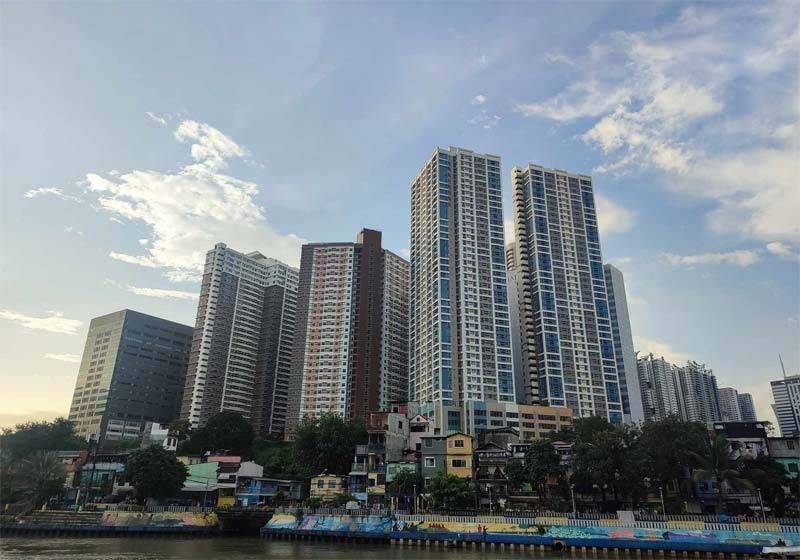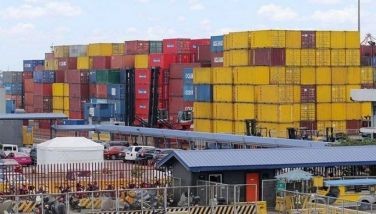Philippines to post higher growth this year at 5.9% – JCER

MANILA, Philippines —The Philippines is expected to post faster economic growth this year than in 2023, with easing inflation likely to support consumption, according to a survey by the Japan Center for Economic Research (JCER).
Conducted from Nov. 17 to Dec. 7 last year, JCER’s Consensus Survey on Asian Economies, which collected answers from economists and analysts from countries such as the Philippines, Indonesia, Malaysia, Singapore, Thailand and India, showed the economic growth forecast for the Philippines for this year is at 5.9 percent, unchanged from the projection provided in the previous survey.
This forecast is higher than the revised 5.5 percent gross domestic product (GDP) growth forecast for 2023, but below the government’s 6.5 to 7.5 percent growth target for this year.
Prior to the adjustment made to the 2023 GDP forecast, JCER’s previous survey showed the Philippines was expected to just post 5.1 percent growth last year.
Despite the upward revision, the 2023 economic growth forecast is still below the six to seven percent growth goal set by the government for last year.
The Philippine economy posted a faster growth rate of 5.9 percent in the third quarter compared to the 4.3 percent expansion in the second quarter.
For the January to September period, average growth was at 5.5 percent.
For 2025, JCER’s survey showed the GDP forecast was revised to six percent from the previous projection of 6.1 percent.
The GDP growth forecast for 2025 is lower than the 6.5 to eight percent growth the government is aiming for.
“Inflation in each country is expected to be lower in 2024 than in 2023, and stable prices are likely to further stimulate consumption,” JCER said.
The survey showed inflation in the Philippines is expected to have averaged six percent in 2023.
Inflation is expected to ease to 3.6 percent this year and to 3.1 percent in 2025.
Inflation in the country decelerated to a 20-month low of 4.1 percent in November last year from 4.9 percent in October as food prices registered slower increases.
This brought average inflation in the January to November period to 6.2 percent, still above the Bangko Sentral ng Pilipinas’ two to four percent target range.
While inflation is expected to slow down this year, JCER’s survey showed accelerating inflation remains the top risk for the country’s growth.
This was followed by repercussions of US monetary policy in second place, while terrorism or other geopolitical risks ranked third.
- Latest
- Trending



























